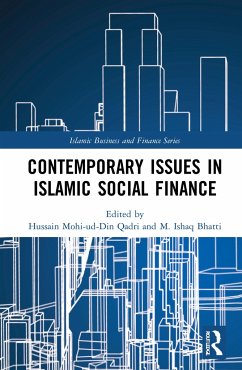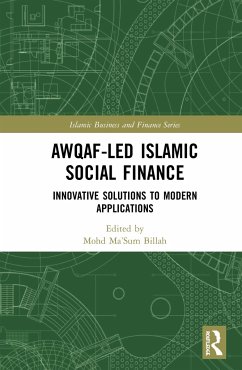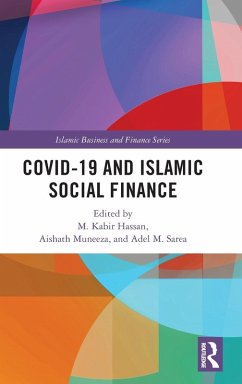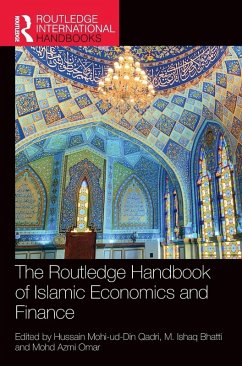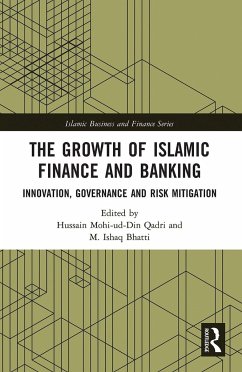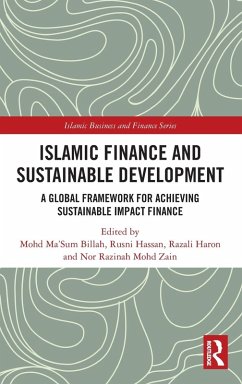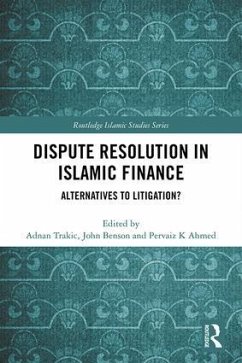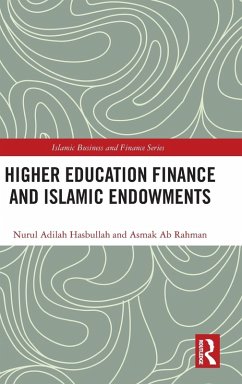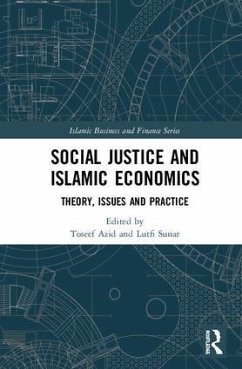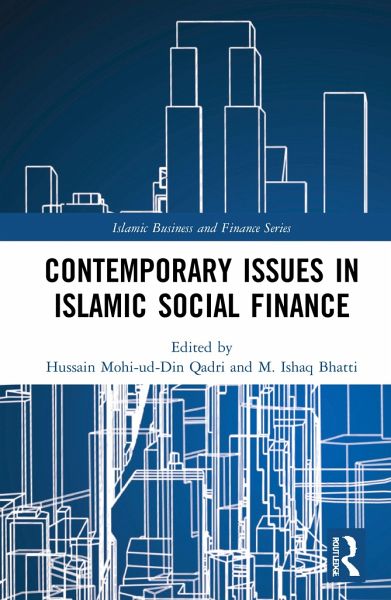
Contemporary Issues in Islamic Social Finance
Versandkostenfrei!
Versandfertig in 1-2 Wochen
56,99 €
inkl. MwSt.

PAYBACK Punkte
28 °P sammeln!
This book examines the recent developments in Islamic banking and finance, particularly in the context of Islamic social finance instruments, such as Islamic microfinance, Halal education, Takaful, mutual funds and Waqf.





